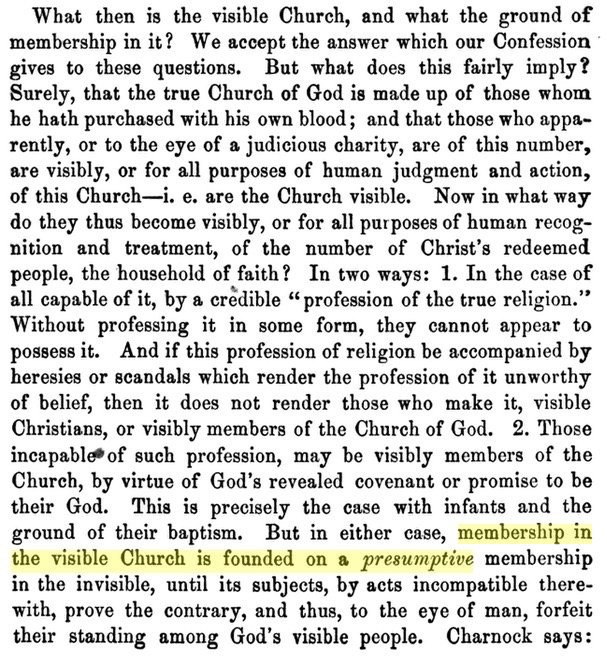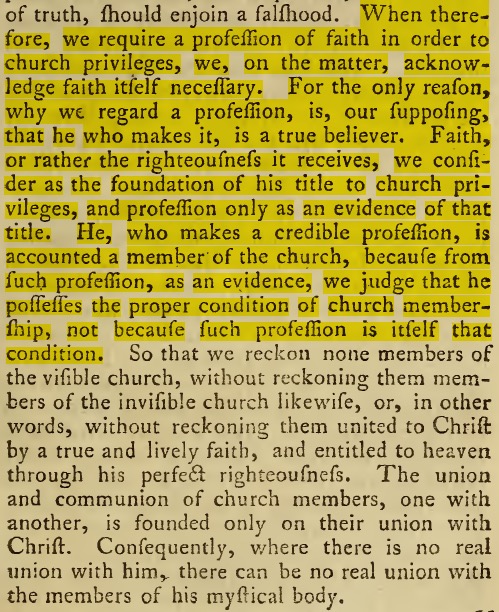olive tree
The Oneness of the Church (Owen)
On 24, Nov 2014 | In Resources | By Brandon Adams
Below is an essay from John Owen found in his introduction to his commentary on the book of Hebrews. I’m posting it here for simple reference as I cannot find it anywhere else online as a single, separate article. The text is copied from http://www.godrules.net/library/owen/131-295owen_q3.htm
This essay has very important implications for how to properly interpret the olive tree of Romans 11.
Note that Owen argues against the idea that the nation of Israel was the church. Instead, he argues that the church in the Old Testament was the elect remnant within the nation of Israel. He says there were two offspring of Abraham: physical and spiritual. And there were two types of promises made to Abraham to correspond to these offspring: physical/temporal and spiritual/eternal. And these two types of promises were both covenantal promises. They were both parts of the Abrahamic Covenant. Thus the Abrahamic Covenant is both carnal and spiritual. It existed in a mixed state until the coming of Christ, but it has now been separated. Owen’s essay on the Oneness of the Church should be read in light of the following comment he makes later in his commentary:
When we speak of the “new covenant,” we do not intend the covenant of grace absolutely, as though it were not before in existence and effect, before the introduction of that which is promised here. For it was always the same, substantially, from the beginning. It passed through the whole dispensation of times before the law, and under the law, of the same nature and effectiveness, unalterable, “everlasting, ordered in all things, and sure.” All who contend about these things, the Socinians only excepted, grant that the covenant of grace, considered absolutely, — that is, the promise of grace in and by Jesus Christ, —was the only way and means of salvation to the church, from the first entrance of sin.
But for two reasons, it is not expressly called a covenant, without respect to any other things, nor was it called a covenant under the old testament. When God renewed the promise of it to Abraham, he is said to make a covenant with him; and he did so, but this covenant with Abraham was with respect to other things, especially the proceeding of the promised Seed from his loins. But absolutely, under the old testament, the covenant of grace consisted only in a promise; and as such only is proposed in the Scripture,
EXERCITATION 6.
ONENESS OF THE CHURCH.
1. Oneness of the church — Mistake of the Jews about the nature of the promises.
2. Promise of the Messiah the foundation of the church; but as including the covenant.
3. The church confined unto the person and posterity of Abraham — His call and separation for a double end.
4. Who properly the seed of Abraham.
5. Mistake of the Jews about the covenant.
6. Abraham the father of the faithful and heir of the world, on what account.
7. The church still the same.




